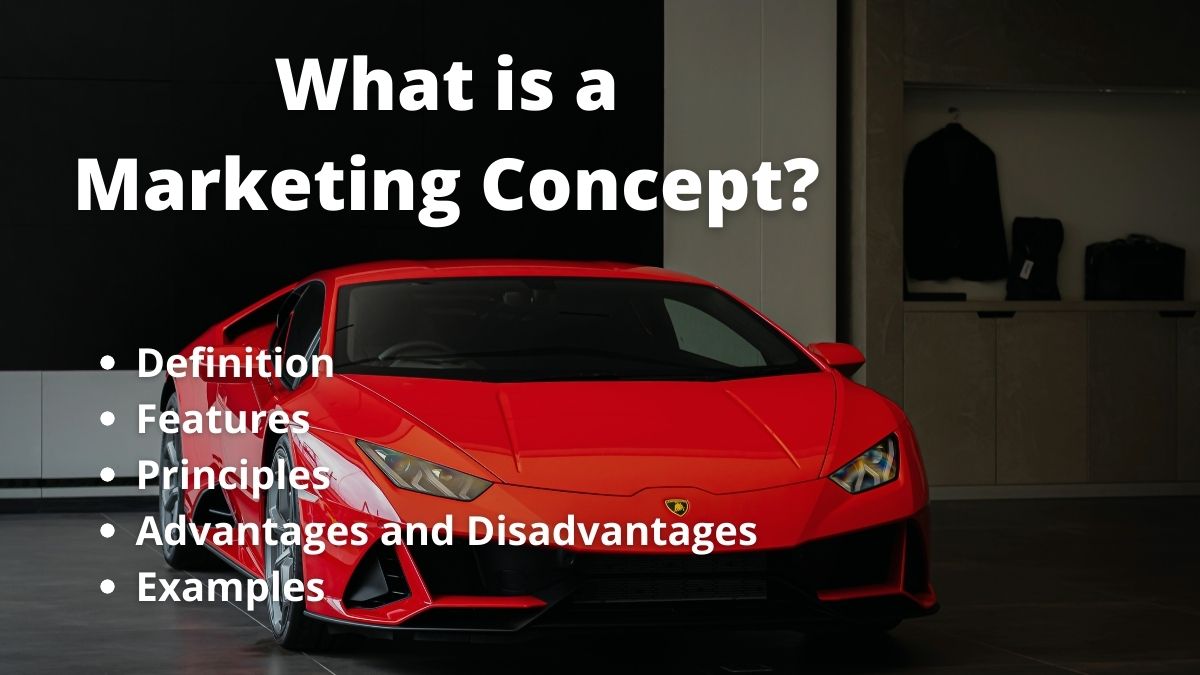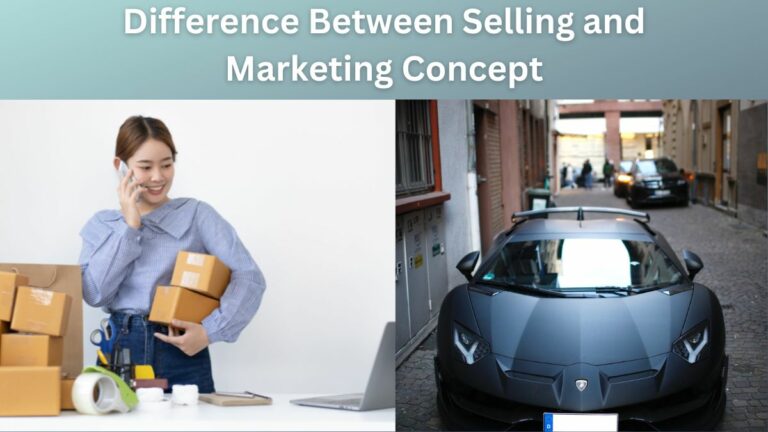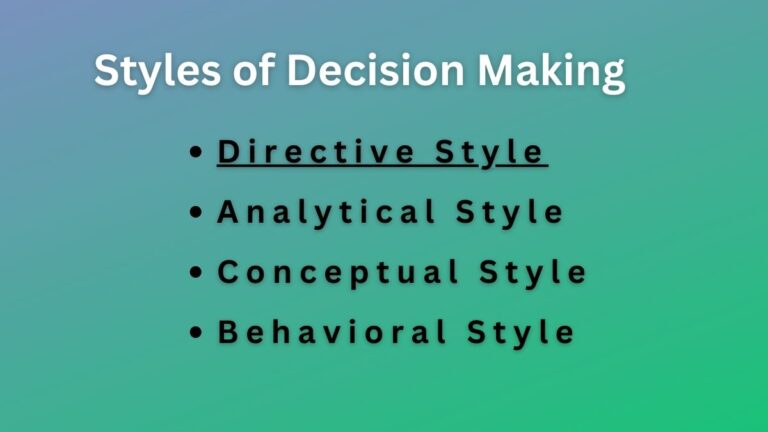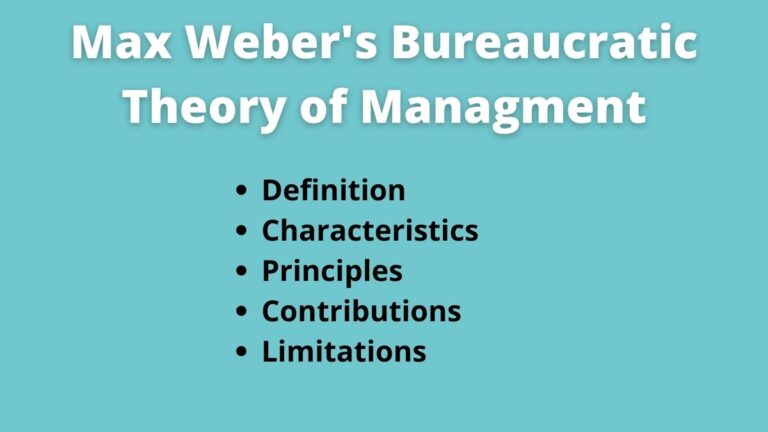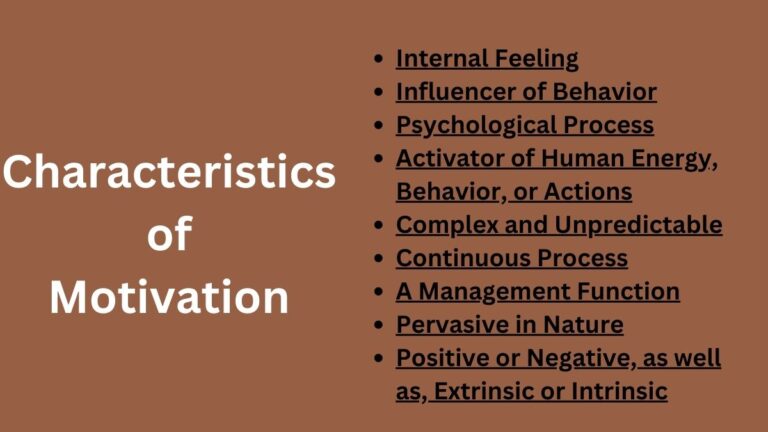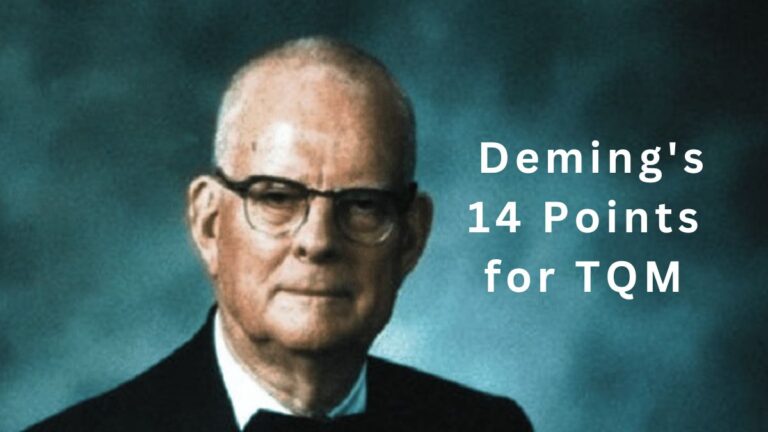What is a Marketing Concept? Definition, History, Features, Principles, Examples, and Pros/Cons
Products should be made as per the choices of the company or as per the choices of customers. What do you think about which choices (company or customers) should be prioritized while making products? Let’s find out what the marketing concept of marketing philosophies has to say about this.
What is a Marketing Concept?
The marketing concept holds the belief that for businesses to succeed the satisfaction of customers’ needs is fundamental. It is a marketing philosophy that argues the production of products should be based on the customer’s needs, wants, and preferences, and delivering them the way they want results in maximum customer satisfaction.
It is one of the new thinking in marketing philosophy. It aims to satisfy customers’ needs wants and problems by means of products they want as a solution. It states companies first should visit or consult the customers, study & understand their problems, and what they want, and make products as per customers’ choices. That’s been said it led to the development of consultative selling ideas.
In today, ‘s competitive yet dynamic environment the marketing concept has been a very relevant marketing strategy. It has almost leveled up the company’s profit success and delivered better customer value than competitors.
The marketing concept in marketing field is based on these implicit beliefs:
- Customers want to consume products as per their needs, choices, wants, and preferences.
- All of the company’s focus should be on the identification of customer needs and wants.
- Products should be produced giving priority (based on) to customers’ needs.
- Greater and long-term profit is achieved by successfully satisfying customers’ needs over the long term.
What it tells us is a company that is focused on customers’ need satisfaction, not today but ultimately will be successful and a company that only focuses on profit through what it produces eventually fails in the long run. As so, you should deliver products that the customers want to be delivered not the products you want.
History
The marketing concept of philosophy came into existence in the late 1950s with the call of competitive, dynamic, and modern times. The failure of its previous marketing philosophies like production, product, and selling caused its development.
The production concept uses the means of low price and wide distribution through mass production and merchandising to achieve profit. Product concept uses the means of product quality and performance through the development of super products to achieve profit. The selling concept uses means of aggressive promotion to make a profit.
Customers are not given any significant attention in any of these three notions, and the corporation does not view customers as a significant factor in the business environment.
Companies found that these three marketing concepts were based on the slogan “We Sell What We Make” which did not get enough attention from customers. It was fit mainly during the industrial revolution.
The disappointment of the slogan forced companies and marketers to find out new solutions to satisfy more customers. They realized the importance of customer preferences consideration in developing marketing strategies and manufacturing products.
Related: The 5 Core Concepts of Marketing
They came up with the solution that was sloganed “We Make What We Can Sell” which forced to the integration of customer orientation into marketing activities till now it has been successful in modern times to satisfy customers’ needs and generate profits for businesses.
Characteristics of Marketing Concept
The common features of the marketing concept of marketing as mentioned below:
Customer Focused
The customers are the main emphasis of this marketing strategy. In both marketing and product manufacturing decisions, it puts the interests of the client first. Its main objective is to satisfy customers’ wants as much as possible in order to achieve the result.
Relationship Building
It wants to build solid, long-lasting relationships with its clients. It places a significant emphasis on working with customers to understand their needs, meeting those needs, and satisfying those wants in order to strengthen the relationship between customers and the business and encourage repeat business.
Marketing Philosophy
The marketing concept is one of the marketing philosophies like production concept, selling concept, product concept, societal concept, and holistic concept. Its goal is also like other marketing philosophies to achieve the company’s profit goals.
Long Term Focus
This marketing philosophy is focused on the long term – focused on creating profit over a long period, focused on creating long-lasting customers, and aims to secure the company’s future in the coming end. It does not focus on one-time selling, and profit earning only, and does not consider customers’ repetitive buying like production, product, and selling concepts.
Integration
According to this marketing philosophy, integrating all organizational elements—such as departments, marketing strategies, consumers’ expectations, etc.—will help the company achieve its objectives in the best possible way. It presupposes the significance of coordination and integration within the organization.
Related: Societal Marketing Concept
Principles of Marketing Concept
This philosophy is based on the four principles – these principles picture how this marketing concept works and how it should be applied.
The below picture shows the functioning of this marketing philosophy:
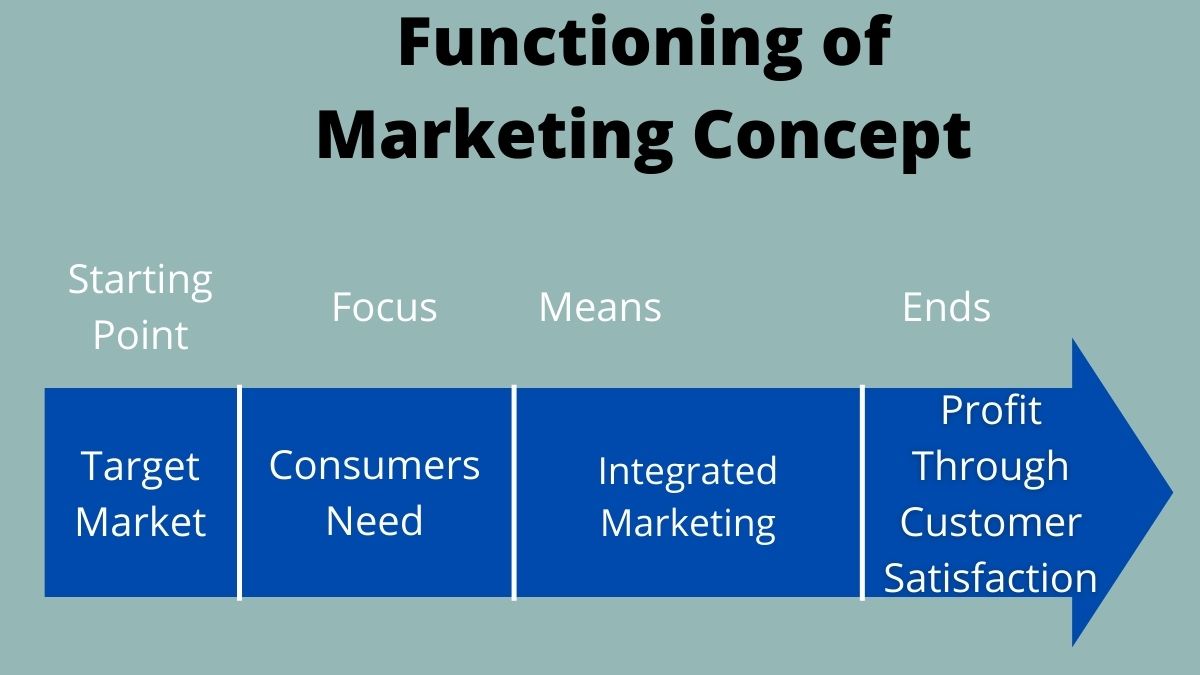
If you consider embracing this you should be considering this marketing concept’s four principles.
Target Market
Your company can not satisfy all types or segments of customers. So the first principle states you must select the target market considering factors like their age, gender, culture, preferences, income level, etc., and the capacity of your business to serve them.
Your task should be the identification of the target market through market segmentation, targeting, and positioning.
Customer Needs
Once you have identified and selected the target market the next principle of marketing concept states your next task should be focused on identifying customers’ needs and wants.
The customer’s needs may range from actual, functional, and psychological to hidden – you should interact with them and create an environment where they freely speak about their needs and wants. You should be realizing that your business success depends upon satisfying customers’ needs and wants and forming exchange relationships.
Integrated Marketing
According to this principle, a single department or single sales personnel can not achieve your business sales goals. By this, all the departments like sales, finance, marketing, R&D, etc. should be coordinated in one direction that is to achieve greater customer satisfaction and profits.
Profit Through Customer Satisfaction
According to the last principle of the marketing concept, your business goal must be achieving profits through higher customer satisfaction.
It is also called the principle of profitability which calls for an analysis of every business opportunity from the view of profitability, customer satisfaction, and survival of the business.
Advantages and Disadvantages of Marketing Concept
The following are the positive and negative aspects of this marketing philosophy:
Advantages:
- Customer Satisfaction – One of the notable benefits this marketing idea provides is it helps to achieve better customer satisfaction. Since its main goal is to achieve customer satisfaction it ultimately helps businesses to reach that.
- Repetitive Buying – It does not focus on one-time selling rather once it provides customer satisfaction it is consistently involved in making customers’ needs relevant products. And, it is the fact that when customers are highly satisfied they surely make repetitive business.
- Long-Term Success – Businesses that adopt this marketing idea are focused on building strong relationships with customers they just do not focus on the present need and satisfaction of people They additionally plan to consistently deliver the same satisfaction and value in later days.
- Increases Market Share – The marketing concept also increases the market share of your business. Since customers have been satisfied they certainly present their happy experience with many customers who might or might not have heard of your business – such messages increase your business’s market coverage and share positively.
- Good Public Image – Customers always remember the product or business which is a great source of their satisfaction.
Disadvantages:
- Costly – Although this marketing strategy helps to achieve great customer satisfaction it is costly too. It emphasizes researching market segments, visiting them, analyzing their situations, and producing the products they want which is usually a costly process.
- Time-Consuming – All these processes require more time. Although customers wait till their desired products are made sometimes due to the more time it takes to manufacture the product customers may get disappointed.
- Not Suitable To Some Customers – As described it states to consult with customers to identify their situations and wants preferences some customers do not like to interfere with their situations and choices such context might not give clear information about what the customers actually want.
Examples of Marketing Concepts
Lamborghini – A good example of the marketing concept is the practice of Lamborghini Car Company. This company takes orders from customers first and based on their needs for car color, design, and other requirements manufactures the cars. Result of this in 2022 it has already pre-sold the entire production run to early 2024.
Read Next: The 6 Marketing Concepts
Sajan Kushmi is a content writer with more than 4 years of experience. He holds BIM Degree. He write on the topics related to Management, Marketing, and Entrepreneurship.
